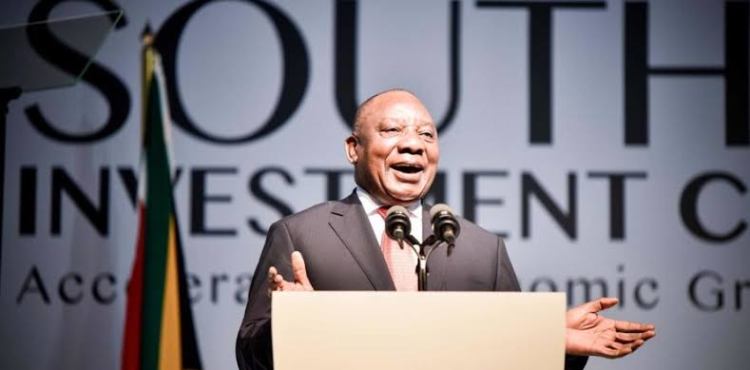On Friday, President Cyril Ramaphosa officially signed the Basic Education Laws Amendment (BELA) Bill into law at a ceremony held at the Union Buildings. The new legislation is set to address longstanding challenges in South Africa’s education sector and promote a more equitable and effective education system.
During his remarks, President Ramaphosa acknowledged the progress made in expanding access to education since the advent of democracy but noted persistent barriers. He highlighted issues such as discriminatory language policies and financial constraints that have led to learners being denied access to education and examinations.
The BELA Bill, which follows extensive consultation across society, aims to tackle these challenges head-on. One of its significant provisions is the compulsory introduction of Grade R (the reception year before Grade 1), which will enhance Early Childhood Development and better prepare young children for formal schooling.
The Bill mandates uniform admission standards across schools, improving policies particularly for vulnerable learners, including children of undocumented migrants. It also strengthens regulation and oversight of home schooling, promotes inclusivity by guiding schools on developing codes of conduct that respect religious and cultural beliefs, and addresses language policy by considering community linguistic needs.
In addition to these measures, the new law reinforces the ban on corporal punishment, introduces stricter penalties for its administration, and establishes financial and public accountability frameworks for School Governing Bodies.
Due to differing views on certain aspects of the Bill, particularly regarding admission and language policies, President Ramaphosa has decided to delay the implementation date for clauses 4 and 5 by three months. This extension will allow for further deliberation and proposals on how to accommodate various perspectives.
The President emphasized the importance of cooperation among government, school governing bodies, and parents to ensure a unified and effective education system. He urged all stakeholders to work together to provide quality education for every child, regardless of their circumstances.
The signing ceremony was attended by Deputy Minister of Basic Education Reginah Mhaule, Gauteng Premier Panyaza Lesufi, and other provincial MECs for education.











